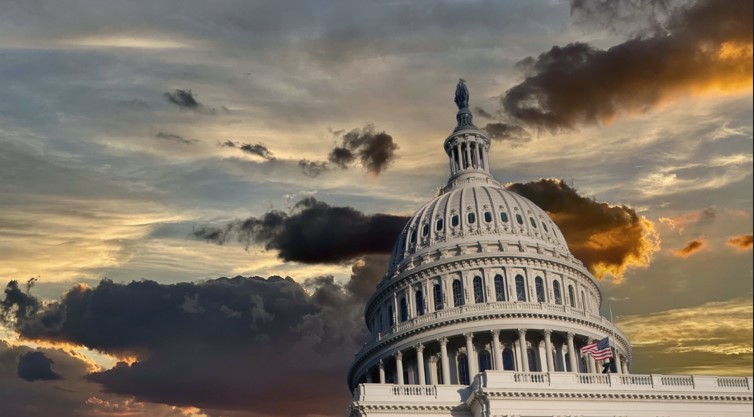U.S. Supreme Court Upholds Trump’s Presidential Immunity
In a landmark decision, the U.S. Supreme Court has upheld former President Donald Trump’s assertion of presidential immunity concerning the federal election subversion case. This ruling effectively dismisses the charges against him and raises important questions regarding the balance of power in the executive branch as well as the legal accountability of both current and former presidents. The implications of this judgment are profound and multifaceted, highlighting the complexities of prosecuting presidential actions that occur while an individual is in office.
Background of the Case
The case brought against Trump revolved around allegations that he sought to overturn the results of the 2020 presidential election. As the accusations unfolded, they encompassed a range of actions that critics claimed overstepped the boundaries of legitimate presidential conduct. The Supreme Court’s recent ruling, however, emphasizes that such actions may be considered part of a president’s official duties, complicating efforts to hold Trump accountable in a legal context.
The Scope of Presidential Immunity
The Supreme Court’s decision also sheds light on the concept of presidential immunity, an area laden with ambiguity and precedent. Traditionally, the notion of presidential immunity is grounded in the idea that a sitting president should not be subjected to legal scrutiny for actions taken while fulfilling the office’s responsibilities. This doctrine was a pivotal factor in the Court’s ruling, as it underscores the need for the executive branch to function effectively, free from potential interference from the judiciary.
Broader Legal Implications
This ruling does not exist in a vacuum; it comes amidst a plethora of legal challenges facing Trump. These include various civil lawsuits that have already resulted in significant financial penalties, alongside ongoing criminal investigations. The Supreme Court’s affirmation of presidential immunity may potentially influence the trajectory of these legal matters, leading to a climate where similar defenses could be employed by future presidents facing legal scrutiny during their terms.
Reactions from Legal Experts
Legal experts have offered mixed reactions to the Supreme Court’s decision, evidencing a divide in perspectives on its implications. On one hand, some argue that the ruling reaffirms the principle of separation of powers, protecting the executive branch from undue judicial encroachment. This viewpoint emphasizes the need for the president to operate without the constant threat of legal repercussions that could disrupt governance. Conversely, critics of the decision express concern over the potential erosion of accountability for presidential conduct. They fear that the ruling may set a worrying precedent that enables future occupants of the office to engage in unethical or illegal actions without fear of legal consequences.
The Future of Presidential Accountability
As the nation processes the ramifications of this ruling, it is clear that robust debates regarding the limits of presidential immunity and the mechanisms for holding presidents accountable will intensify. This legal landscape will likely evolve, influencing not only political discourse but also the application of laws governing presidential conduct. Lawmakers and the public will need to grapple with these issues as they seek to define the boundaries of acceptable behavior for the highest office in the land.
Conclusion
The U.S. Supreme Court’s decision to uphold former President Donald Trump’s claim of presidential immunity represents a significant moment in the ongoing discussion surrounding the accountability of presidents for their actions while in office. As the legal ramifications unfold and future cases emerge, it is imperative that the nation reflects on the balance of power, the necessity for accountability, and the integrity of democratic processes. This ruling will not only influence the current legal challenges involving Trump but also serve as a precedent for future interactions between the executive branch and the judiciary.
FAQs
What is presidential immunity?
Presidential immunity is a legal doctrine that protects sitting presidents from being sued for actions taken while they are in office, arguing that such actions are a part of their official duties.
How does this ruling affect ongoing legal cases against Trump?
The Supreme Court’s decision could potentially influence the outcomes of ongoing civil and criminal cases against Trump by reinforcing a legal argument for presidential immunity.
What are the potential consequences of this ruling for future presidents?
This ruling may set a precedent that allows future presidents to claim immunity for a broader range of actions, raising concerns about the lack of accountability for misconduct in office.
What do legal experts think about the ruling?
Legal experts are divided; some see it as a reinforcement of the separation of powers while others express concern over diminished accountability for presidential behavior.
What are the implications for U.S. governance?
The ruling aims to ensure that the executive branch can operate without judicial interference, but it also raises alarms about the potential for presidents to evade legal repercussions for their actions.

